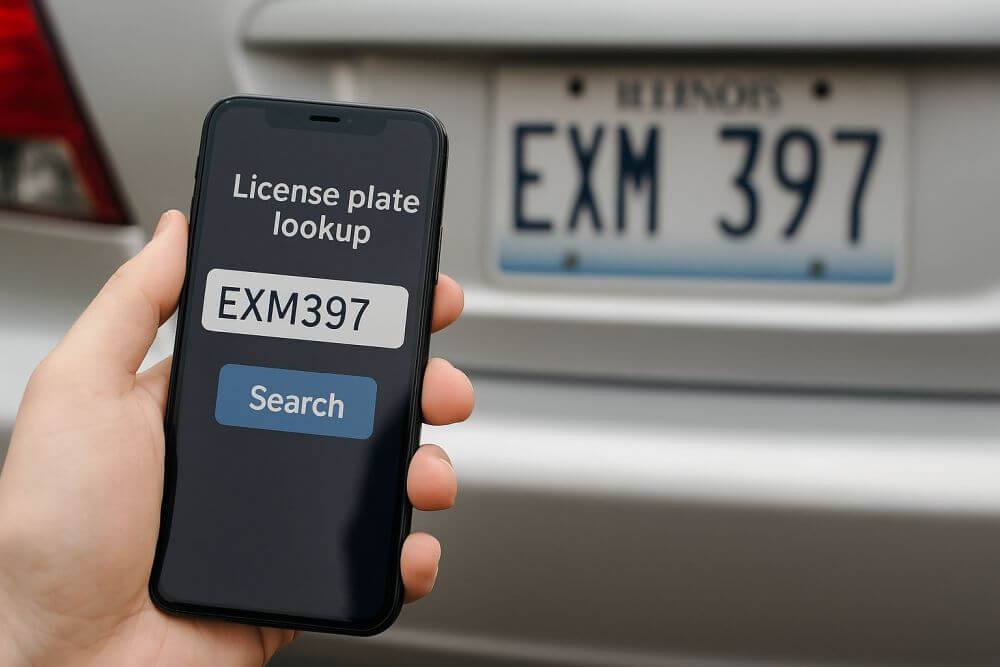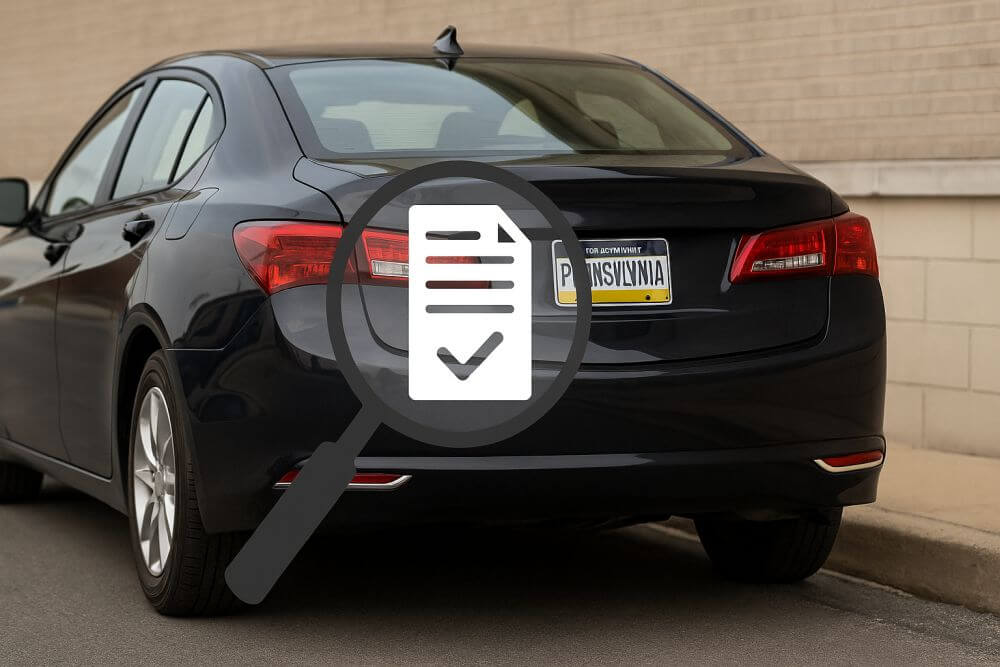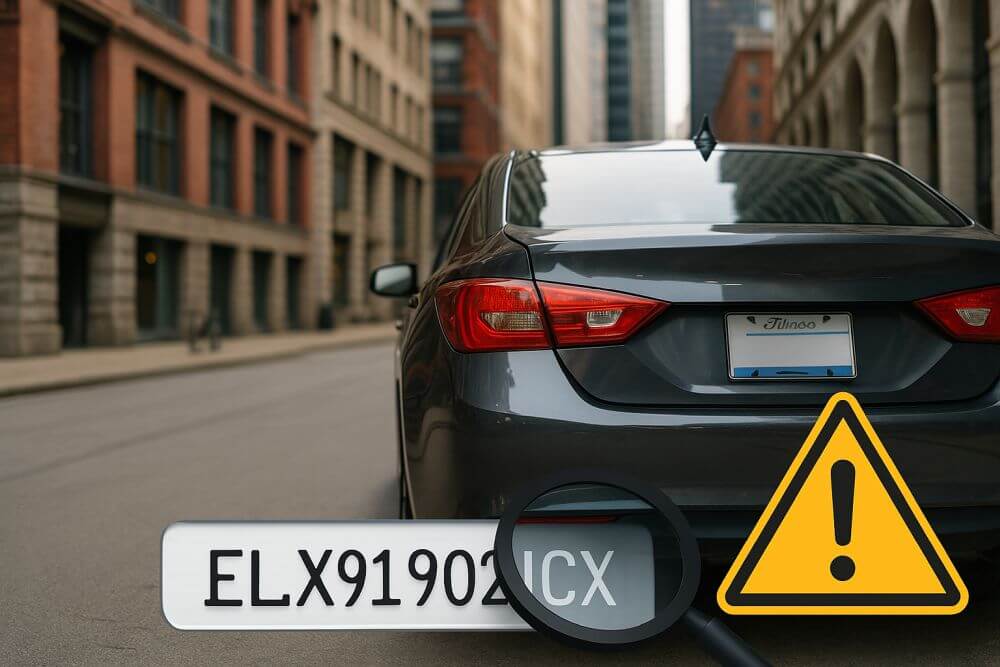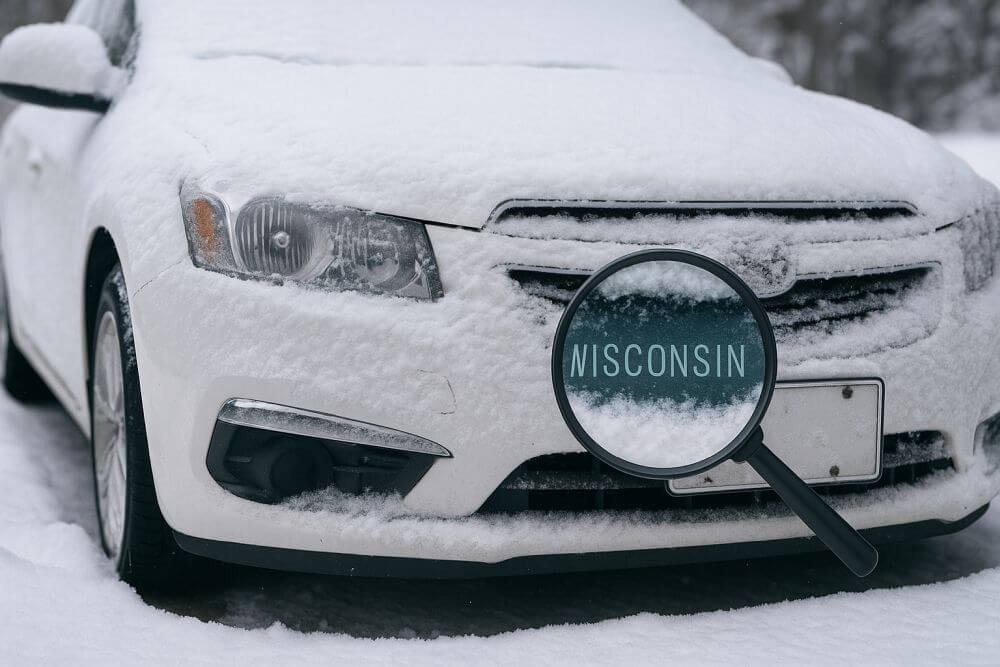When shopping for a used car, especially from a private seller or an online marketplace, verifying whether a vehicle is stolen is one of the most critical steps you can take to protect yourself. Unfortunately, stolen cars sometimes end up being resold to unsuspecting buyers, leaving new owners vulnerable to financial loss and potential legal trouble.

One of the easiest ways to check a vehicle’s status is by using its license plate. Here’s everything you need to know about how to check if a car is stolen by license plate, why it matters, and what steps to take next.
Why It’s Important to Check for a Stolen Vehicle
Purchasing a stolen vehicle — even unknowingly — can have serious consequences:
- Vehicle confiscation: Law enforcement can seize the vehicle at any time.
- Financial loss: You may lose both the car and the money you paid for it, with little to no recourse.
- Legal issues: You might be investigated as part of a stolen property case.
Checking a car’s status before completing a sale helps ensure you’re not supporting criminal activity and protects your investment.
Can You Check if a Car Is Stolen Using a License Plate?
Yes. A license plate can provide valuable information about a vehicle’s registration and ownership history. While it won’t always give you full details on its own, it’s an excellent starting point when combined with other tools, like a VIN (Vehicle Identification Number) check.
Steps to Check if a Car Is Stolen by License Plate
1. Ask the Seller for Complete Documentation
Before running any checks, always ask the seller to provide:
- The vehicle title
- Registration documents
- Maintenance records
- A valid government-issued ID
If the seller hesitates to provide these, treat it as a red flag.
2. Use a Free National Insurance Crime Bureau (NICB) Check
In the U.S., the National Insurance Crime Bureau (NICB) offers a free online service called VINCheck. While it focuses primarily on VINs, many sellers list license plate numbers publicly in ads, allowing you to cross-reference.
You can input either the VIN or, in some cases, request help using the plate to verify if the vehicle has been reported stolen or has a salvage record.
Visit: NICB VINCheck
3. Check with Local Law Enforcement
Contact your local police department or DMV office. Provide them with the license plate number and any other vehicle details you have (like the VIN). They can look up the registration status and determine if the car has been reported stolen.
Some states offer online stolen vehicle databases that allow you to input the license plate number to check the status. For example, California and New York have specific tools accessible through their official DMV or public safety websites.
4. Run a Vehicle History Report
A comprehensive vehicle history report, from services like VinCheckPro or similar providers, can uncover:
- Theft records
- Title and ownership history
- Accident history
- Odometer discrepancies
- Salvage or rebuilt status
While many services focus on VINs, the license plate can be used to retrieve the VIN first (especially when the VIN is not visible or provided upfront).
5. Inspect the VIN on the Car
Even if you’re starting with a license plate, always check the actual VIN physically stamped on the vehicle. Compare it against the title and registration documents. Look for signs of tampering (such as scratched plates or mismatched rivets), which could indicate VIN fraud to hide a stolen car’s true identity.
Additional Tips to Avoid Buying a Stolen Car
- Avoid deals that seem “too good to be true.”
- Meet sellers in public or secure locations, such as police station parking lots.
- Never skip a formal title transfer through your local DMV.
- Use a bill of sale and keep all transaction records.
- Verify the seller’s ID matches the name on the title and registration.
What to Do if You Suspect a Car Is Stolen
If a vehicle’s records raise red flags or you suspect it may be stolen, stop the transaction immediately. Contact local law enforcement and provide them with the license plate number, VIN, and seller information. Never attempt to confront the seller aggressively — leave it to the authorities to investigate.
Final Thoughts
Checking if a car is stolen by license plate is a crucial step in any used car purchase. It helps protect you from financial loss, potential legal trouble, and the stress of dealing with a confiscated vehicle.
For added safety, always combine a license plate lookup with a VIN check and a full vehicle history report. Services like VinCheckPro offer free VIN decoding and history checks, giving you extra confidence before committing to a purchase.
Frequently Asked Questions (FAQ)
How can I find out if a car is stolen using the license plate number?
You can use online tools like VinCheckPro, contact local law enforcement, or check with the DMV. Many states offer specific resources for license plate checks.
What information do I need to perform a stolen car plate check?
You will need the car’s license plate number, VIN, and the state of registration to conduct a thorough check.
Can a VIN decoder help in identifying a stolen car?
Yes, a VIN decoder provides a detailed history of the vehicle, including theft records, which can help identify if a car is stolen.
Is it legal to perform a stolen car plate check?
Yes, it is legal and recommended to perform a stolen car plate check to ensure you are not purchasing stolen property.
Where can I find a reliable online resource for a stolen car check?
VinCheckPro is a trusted online resource that offers comprehensive vehicle history reports, including theft checks, using both license plate and VIN numbers.


